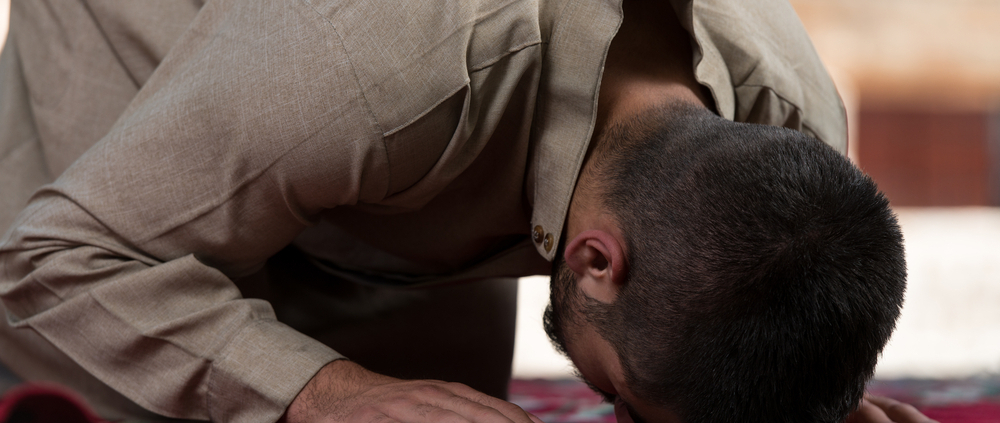How Do I Supplicate during Salah While Sitting and Prostrating?
Hanafi Fiqh
Answered by Shaykh Faraz Rabbani
Question
I have heard that reciting “Rabbi ghfir li” thrice during jalsa is recommendable? is that true and can it be done in fard prayers?
Answer
If by “jalsa” you mean the final sitting, then:
It is a confirmed sunna in the final sitting, before the final salams, to make supplications (dua), after reciting the tashahhud (which is wajib), and sending blessings on the Prophet (which is a confirmed sunna).
It is mentioned by Imam al-Tumurtashi in this Tanwir al-Absar:
“And [it is from the confirmed sunnas of the prayer] to supplicate”
Imam al-Haskafi clarified and conditioned this by saying, in his Durr al-Mukhtar, “(to supplicate) with that which is not possible to ask from humans.” [al-Durr al-Mukhtar, on the margins of Ibn Abidin’s Radd al-Muhtar, 1: 321]
Later in the text, he explains,
“(and to supplicate) in Arabic, and it is not permitted (H: makruh tahriman) in another language – Nahr. [It is recommended to supplicate] for oneself, one’s believing parents, teachers, [H: and all believers].” [al-Durr, 1: 350-352]
One makes these supplications, as well as supplications in prostration (sujud) using that which is mentioned in the Quran and Sunna or that which is not normally possible to ask other humans for, because the Messenger of Allah (Allah bless him and give him peace) said, “No human speech befits this prayer of ours.” [Muslim]
Making supplications with that which is normally possible to ask humans for invalidates the prayer. So beware!
Therefore, instead of making specific worldly supplications, such as, “O Allah, marry me to Layla,” or, “O Allah, give me a red Honda Civic,” or, “Allah, I want mansaf* tonight,” which would invalidate the prayer, one makes general supplications in Arabic, such as, “Allahumma inni as‘aluka min fadlik” (O Allah, I ask You of your bounty), with specific intentions in one’s heart.
If you don’t know Arabic and want to supplicate for specific matters, then just say, “Ya Allah” or “Ya Rabb” repeatedly, intending the specific matters you are supplicating for.
In general, though, while there is no specific supplication that is a confirmed sunna, though if one recites one of the duas that are transmitted from the Beloved of Allah (upon him be blessings and peace), this is best.
And Allah knows best.
Wassalam,
[Shaykh] Faraz Rabbani
Shaykh Faraz Rabbani spent ten years studying with some of the leading scholars of recent times, first in Damascus, and then in Amman, Jordan. His teachers include the foremost theologian of recent times in Damascus, the late Shaykh Adib al-Kallas (may Allah have mercy on him), as well as his student Shaykh Hassan al-Hindi, one of the leading Hanafi fuqaha of the present age. He returned to Canada in 2007, where he founded SeekersGuidance in order to meet the urgent need to spread Islamic knowledge–both online and on the ground–in a reliable, relevant, inspiring, and accessible manner. He is the author of: Absolute Essentials of Islam: Faith, Prayer, and the Path of Salvation According to the Hanafi School (White Thread Press, 2004.) Since 2011, Shaykh Faraz has been named one of the 500 most influential Muslims by the Royal Islamic Strategic Studies Center.
* Mansaf is a Jordanian dish that many love.
